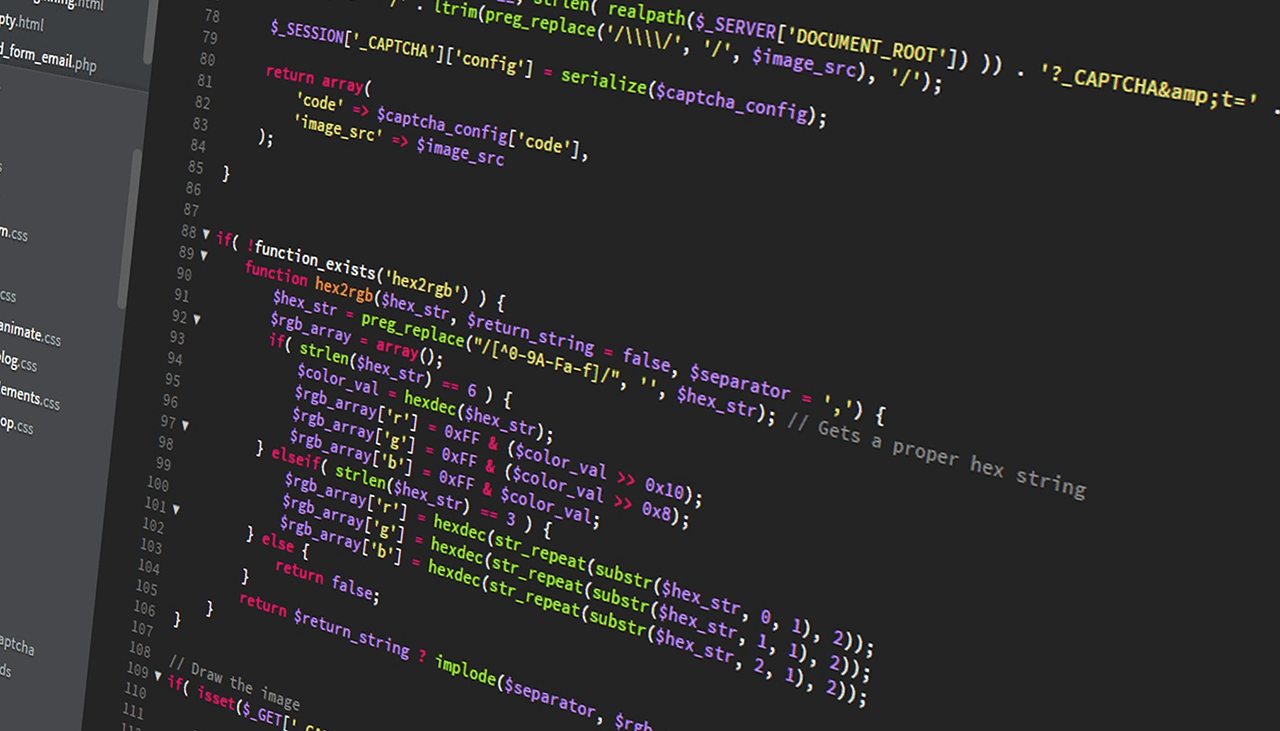It can be daunting when you’re planning to set up a website, and the technical jargon used in webmaster glossaries might have you scratching your head trying to figure out what everything means. But don’t get discouraged – understanding some of the terms and techniques used for website design is essential if you want to create an amazing experience for both yourself and your visitors. With that in mind, this blog post aims to teach you how to use a webmaster glossary so that even if creating a website from scratch may still seem like a complex task, it won’t be nearly as intimidating with this handy guide! Whether you’ve been camping since childhood or are just starting on your journey, read on and find out how mastering the basics of making camp together with knowing keywords from a webmaster’s glossary can make building something beautiful so much easier!
Introducing the Web Master Glossary – What It Is & How It Can Help Your Website
The webmaster glossary is a great way to get familiar with the different technical terms used in website design. A webmaster glossary helps improve your understanding of how websites are built and what pieces make up the final product. It gives you the ability to understand the language used when discussing website design and provides definitions for those words that may not be so easily found elsewhere. It is also useful when troubleshooting problems on your own website or researching solutions from other sources. With a webmaster glossary, you can gain insight into complex concepts quickly, helping you create an amazing site with ease!
Understanding Website Design Terms Every Webmaster Should Know
Building a successful website requires more than just knowing how to code – it’s also important to understand the concepts and techniques used in website design. Knowing the most common website design terms can help you create a great user experience, optimize for SEO, and keep your website secure. Common terms to be aware of include meta tags, alt text, microdata, responsive design, JavaScript frameworks, caching strategies, open-source software, accessibility guidelines, and more.
Using Popular SEO Terminology to Increase Your Website’s Visibility
Search Engine Optimization (SEO) is essential if you want your website to show up as one of the top results when someone searches for related content online. To improve the visibility of your site on search engine result pages (SERPs), it’s important to understand popular SEO terminologies such as keyword research, organic search, link building, backlinks, and more. Knowing the language used in SEO can help you optimize your website for maximum visibility and success.
Navigating the Technical Jargon Used in HTML, CSS, and JavaScript
HTML (Hypertext Markup Language), CSS (Cascading Style Sheets), and JavaScript are integral to website design as they provide structure and functionality to a web page. To make sure your website functions properly across multiple devices, browsers, and platforms – understanding the technical jargon used in these coding languages is key! Common terms to be aware of include semantically structured elements like divs and spans; attributes like id or class; pseudo-selectors such as :hover or :focus; media queries; navigation patterns; and much more.
Exploring Scripting Languages and Front-End Development Tools
In addition to HTML, CSS, and JavaScript, there are many scripting languages and development tools available for creating dynamic websites with powerful features such as animation or interactive widgets. Understanding the terminology used in front-end development will help you select the best options for your website design. Common terms include AJAX (Asynchronous JavaScript And XML); frameworks like React or Angular; server-side programming languages like PHP or Python; code libraries such as jQuery; version control systems like Git; task runners like Gulp or Grunt; and more.
Analyzing Common Security Terms to Protect Your Website from Cyberattacks
With hackers and other malicious actors becoming increasingly sophisticated, website security is more important than ever. Familiarizing yourself with common security terminology can help you understand the threats facing your website and how to protect it from cyberattacks. Terms like malware, phishing, SQL injection, cross-site scripting (XSS), domain hijacking, data breaches, denial of service attacks (DoS / DDoS), two-factor authentication (2FA), secure socket layer (SSL) certificates, and encryption are all essential to keeping your site safe.
Knowing the Language of Analytics and Optimization
Analyzing data is key to understanding how users interact with your website, so you can make improvements and optimize for conversions. To measure user engagement accurately and effectively, it’s important to understand common analytics terms such as bounce rate, time-on-page, heatmaps, sessions/users/pageviews, A/B testing, funnel analysis, segmentation, goal tracking, and many more. With a webmaster glossary in hand, you have all the resources you need to become an analytics expert!
How Web Master Glossaries Can Help Improve Your Website
Having access to a comprehensive webmaster glossary is like having a reference guide to the language of website design. You can quickly search for the definition of any unfamiliar terms and get a better understanding of how to best use them. With an extensive webmaster glossary at your fingertips, you’ll be able to improve your website with confidence – no matter what industry or language is involved!



